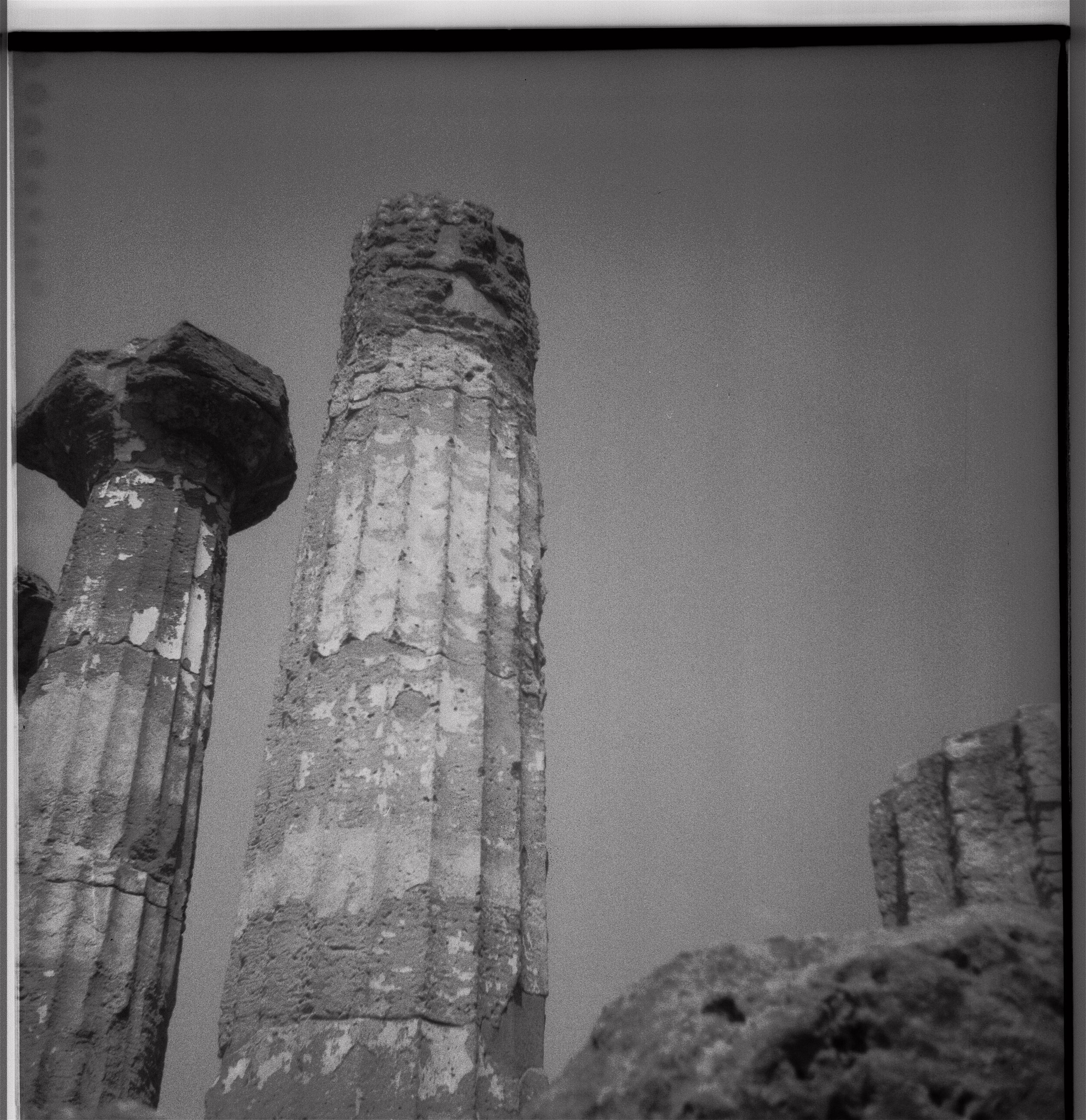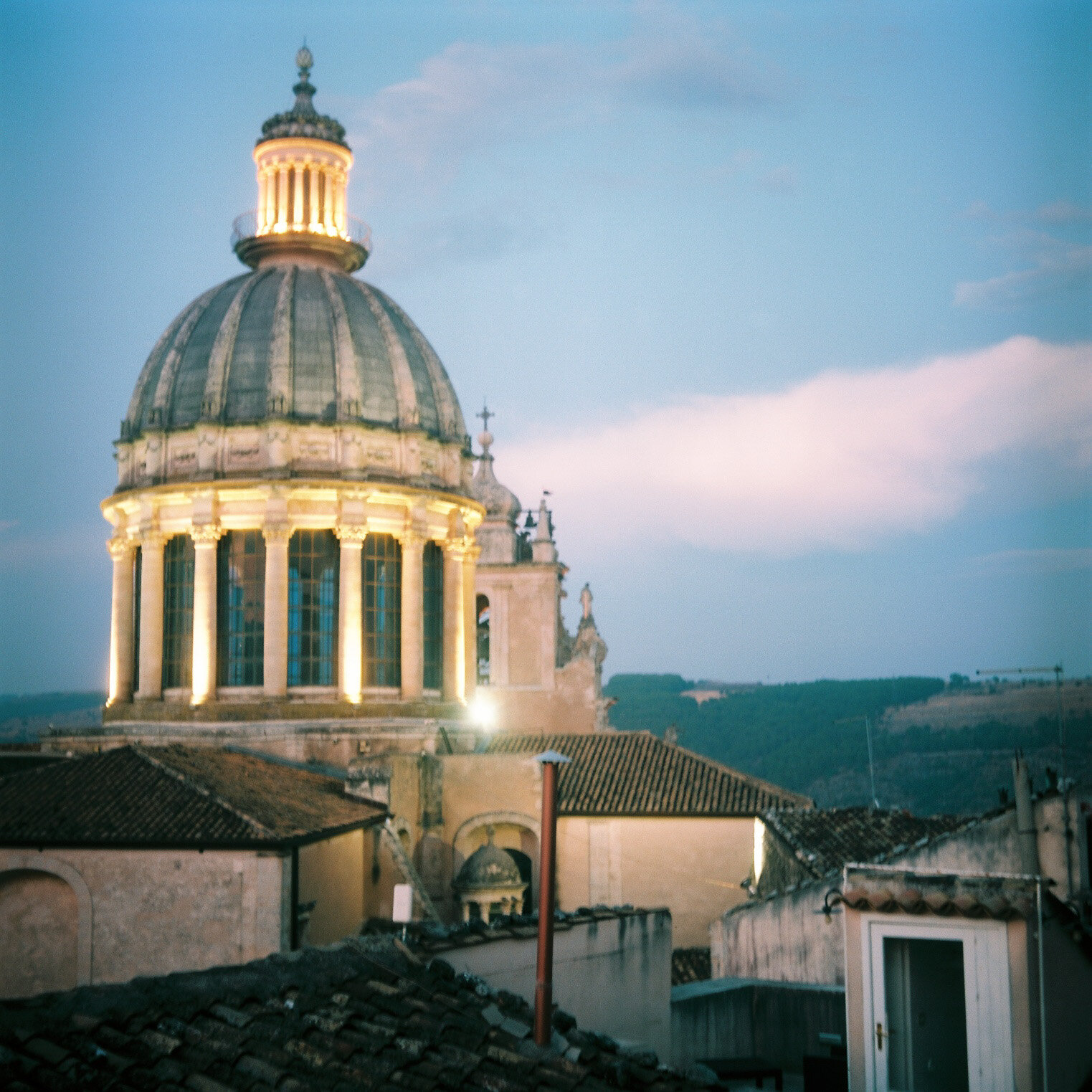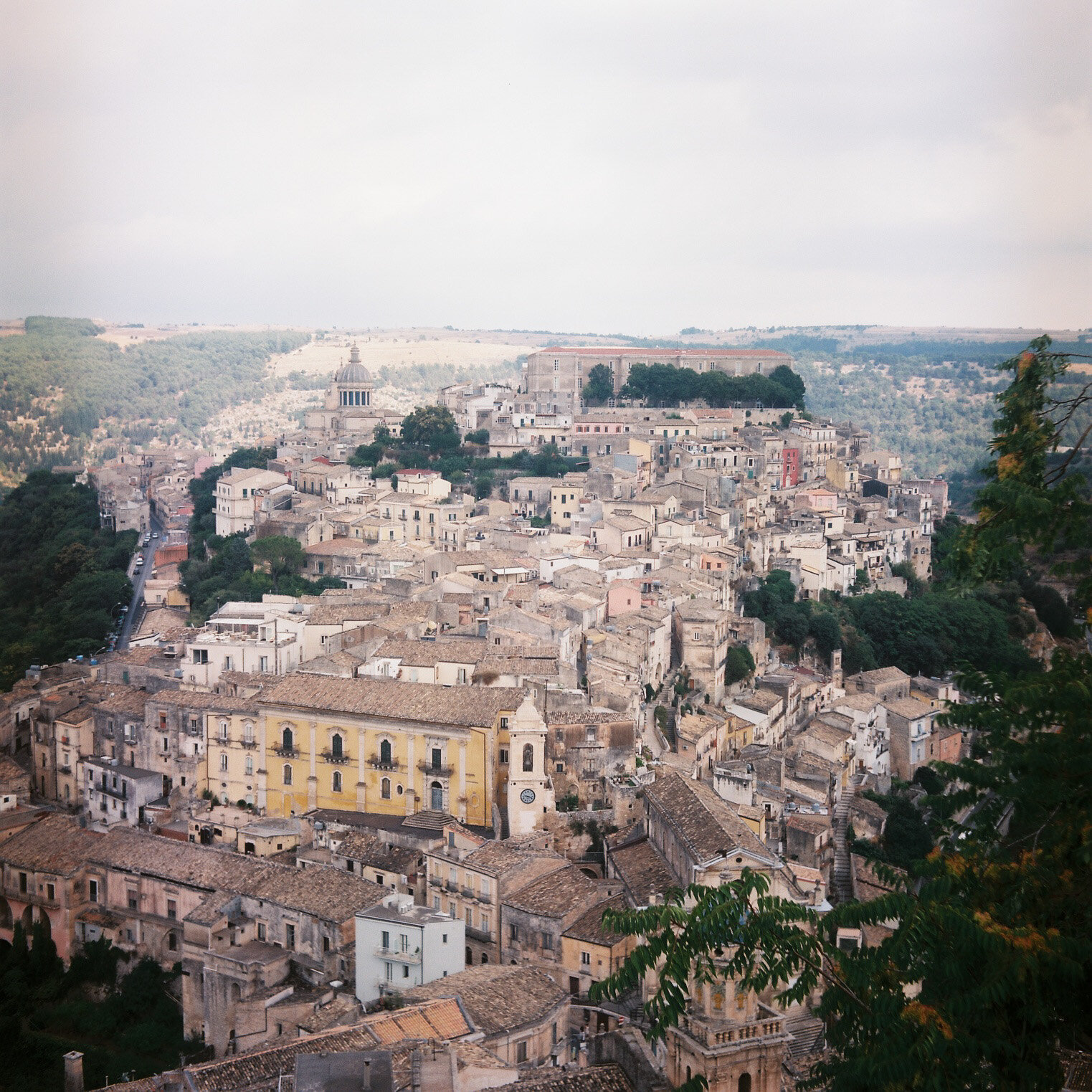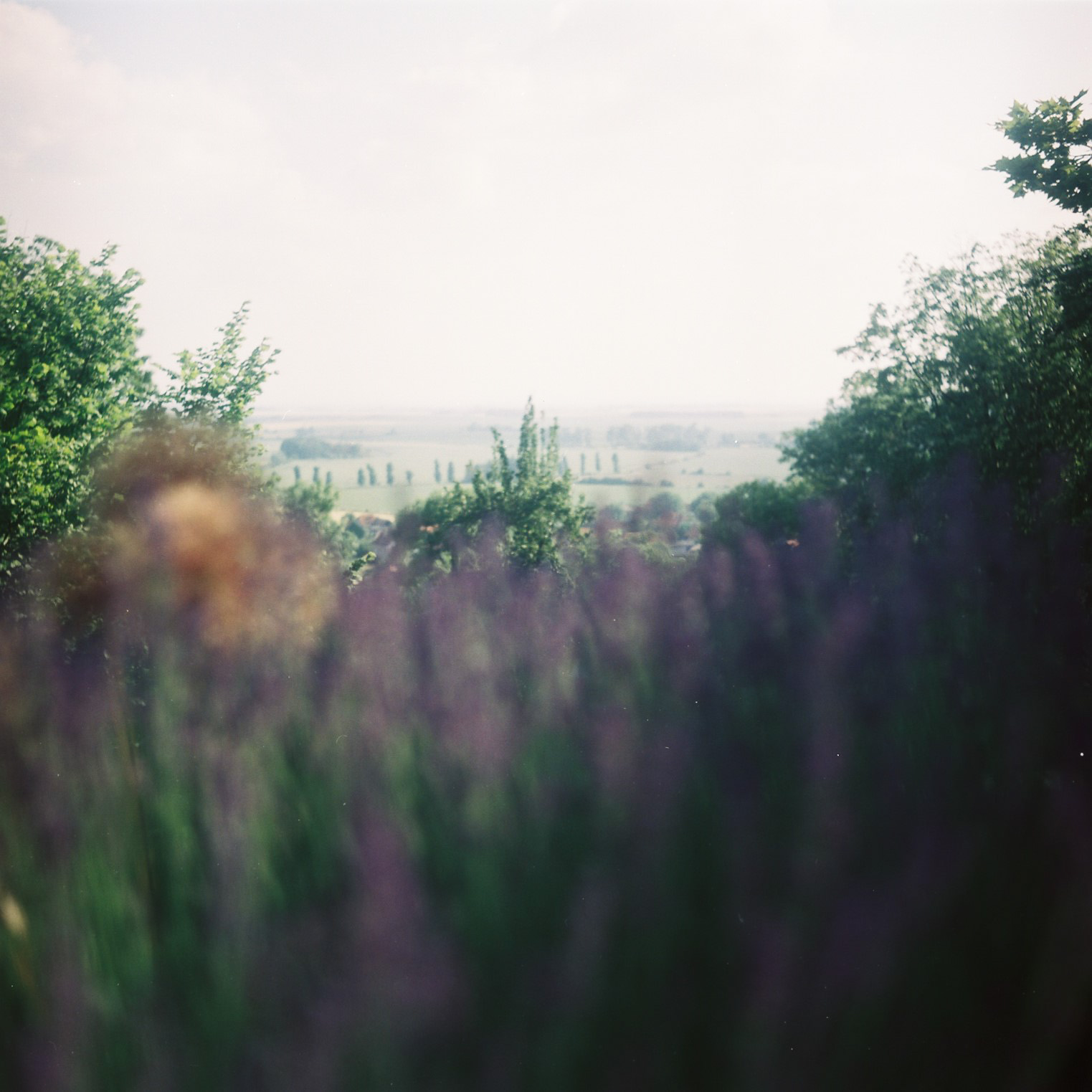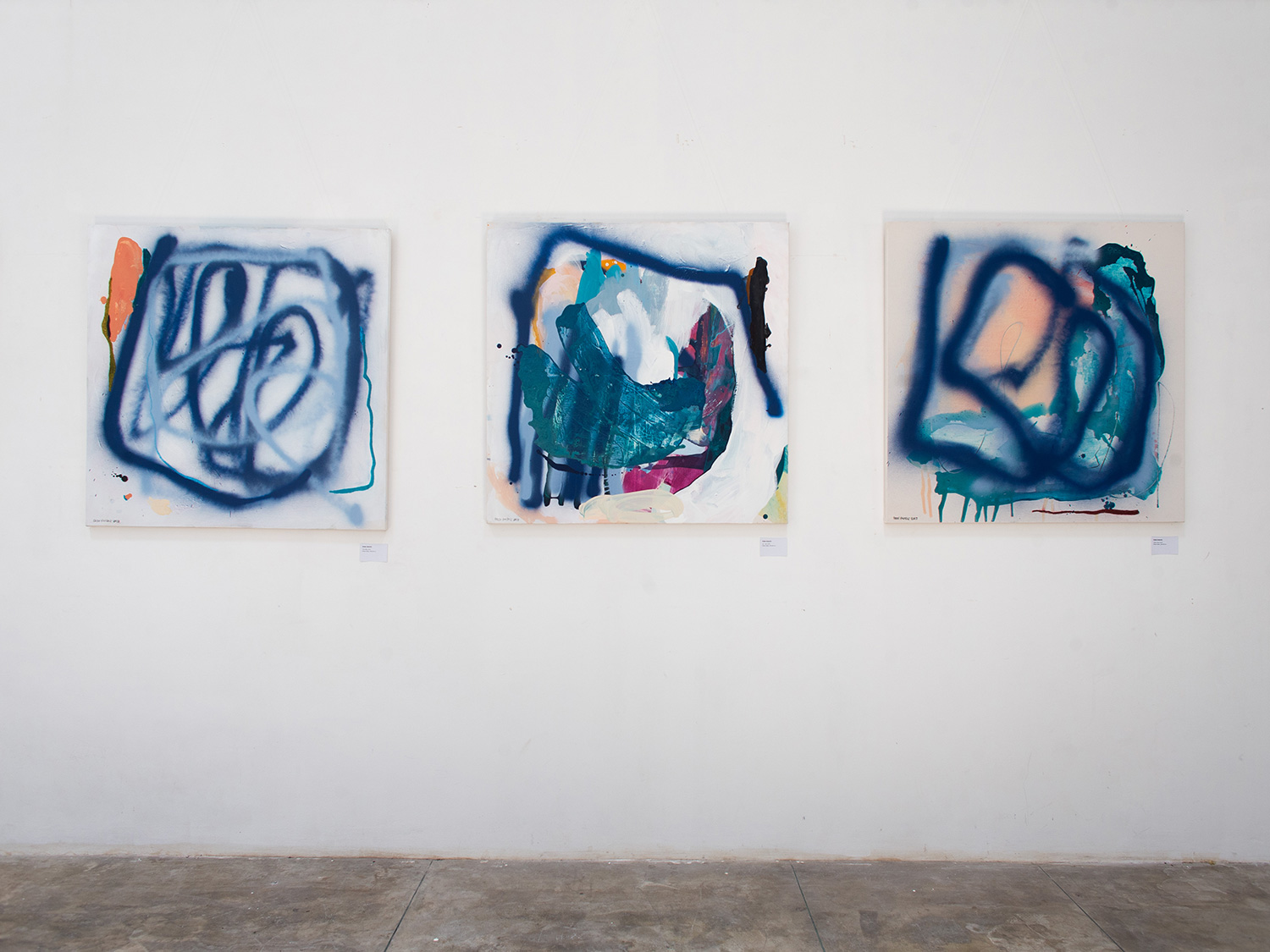So we are asking, is freedom - not from something - is it love? And is love a reaction? That is, I see a beautiful woman or a man, or a marvellous statue - I'd love to have it, I'd love to have it in my room, look at it day after day, and each time I look at it, it is different, that's a great masterpiece. And for most of us love perhaps may not exist. Please, I am just asking this, I am not saying it does not exist. For most of us perhaps we don't know what it is. We know attraction, we know tenderness, we know pity, we know guilt, remorse and jealousy. The crows are making an awful lot of noise - I am sorry. Is all that love? Do you understand my question? If it is not love, then love has no reaction. Then that is freedom, which is not born out of a reaction. You may be a Christian, and being intellectual you might become a Buddhist. You have chosen, you are free to become a Buddhist, because Buddhism is much more intellectually active, interesting, it has got great depth and all the rest of it. And you are free from one and trapped in the other. And you may love the Buddha, rejecting your own particular deity. And this is called freedom. The crows are free! (Laughter) This is very important to understand, not intellectually, not verbally, but the depth and the beauty of it.
And we also should ask when we are talking about the art of living, what is beauty. The great architecture, the cathedrals of Europe, the great temples and the mosques of the world, constructed with great architects, the great painters, the great sculptors - Michelangelo - ah! When you see all that, that's beautiful. So is beauty manmade? Please exercise your brains to find out. A tiger is not manmade. Thank the lord! A tree in a field alone, solitary, with all the dignity of a marvellous old tree - that's not manmade. But the moment you paint that tree it's manmade, and you admire, go to a museum to see that tree painted by a great artist. So in our life, which is part of the art of living, is to understand the depth and the beauty of freedom, and the goodness of it. And beauty - not the picture, the poem, the marvellous writer - but what is beauty? A beautiful man, a beautiful woman, a face that has depth. And without that aesthetic quality in life, which is born of sensitivity, which is born out of all the senses in action, not one particular, or two, or three senses, but the whole movement of the senses. Surely beauty is when the self is not. When I am not, beauty is. When the self is not, love is. And so love, freedom, goodness, beauty, are one. Not something separate, not something pursued, one pursues what is beauty and spends the rest of your life on that. But they are all interrelated. Goodness, that word, though it is very old fashioned, that very word has an extraordinary depth to that word. To feel the depth of goodness, and that can only be when there is freedom, when there is love, beauty.
Jiddu Krishnamurti

